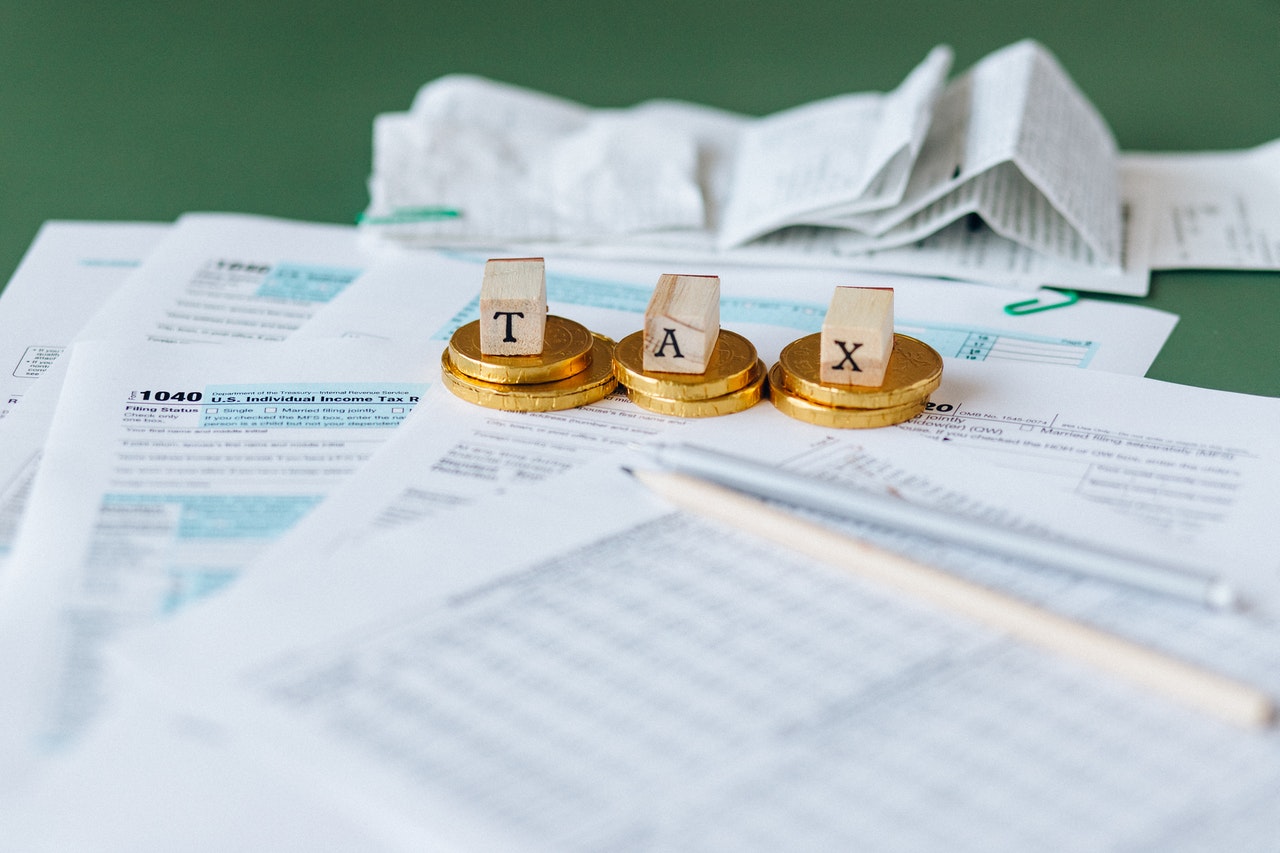
How to Locate a Trustworthy Ibogaine Center
How to Choose an Ibogaine Treatment Facility
Information about Ibogaine Providers
Verifying your research is essential when selecting an ibogaine provider or ibogaine center to ensure safety and the best results.
The majority of ibogaine providers have a staff to assist their patients and the therapies they deliver. Use this guide to thoroughly research ibogaine providers and their facilities.
Get an idea of the employees supporting the experience by calling a wide range of providers and centers. How long have they been using ibogaine in their work? Do they have any training? If so, who and how long with?
Find out who they received their training from and whether they are reputable and have experience in the field for a long time. The more unusual situations someone has encountered the longer they have been using ibogaine.
The support team ought to have some knowledge of ibogaine. There should be several staff members who have used ibogaine personally. Although it’s ideal for the individual dispensing medication to have at least a year of experience, there are facilities where caregivers have 10–20 years of experience.
Finding someone with whom it is easy and natural to be completely honest is crucial. The more information a supplier has about a potential client’s unique circumstances, the better job they can accomplish.
Many people who sell ibogaine have previously used drugs. Although this may be a strength for the position, peripheral staff members and providers should have been drug-free for several months by the time they start working there.
Providers and their personnel should have developed appropriate coping mechanisms while abstaining from substance use, processing trauma, and living sober.
Medical Requirements for Ibogaine
Many of the dangers associated with ibogaine treatment can be avoided with prescreening.
A screening procedure should be used by ibogaine treatment center service providers and their medical personnel to establish whether potential clients are suitable for an ibogaine session.
A 12 lead electrocardiogram (EKG) and a full metabolic panel should be the absolute minimums needed for screening.
More testing might arise from these findings. Along with delivering test results, your chosen provider should do a thorough medical examination. As part of the screening procedure, prospective clients should prepare to provide a thorough medical and mental overview and history. After screening, there should be plenty of time to concentrate on getting ready for the experience.
There should be information on diet, contraindications to avoid, monitoring for regular bowel movements, medication, electrolyte intake, medication cessation and tapering, and hydration. This can be particularly difficult for opioid users, therefore a light cleansing will be necessary first.
Medical supplies must be available on location. Any functioning ibogaine facility must contain an AED (defibrillator), an EKG machine, I.V. bags, an oxygen tank, and emergency drugs like benzodiazepines and atropine.
A full crash cart is also common in several centers. It is essential to be close to a hospital that can give a pacemaker along with medical equipment. The center should be 15 minutes away from the nearest medical facility.
In order for the hospital to be ready for an ibogaine-related emergency, someone on staff should have a connection to the facility. Are all employees equipped with emergency training?
Ibogaine Safety Protocols in Treatment
It’s crucial to find out how long clients are under observation and stabilized before taking ibogaine if you’re looking to use it for drug usage or dependency. Longer is generally preferable.
This allows a medical professional time to learn about a patient’s baseline vitals, baseline EKG, and potential responses to high dosages of ibogaine.
A decent figure to look for is four days of stabilization, however some substances can need longer. A suitable period of time to observe after taking ibogaine is four days. Deaths have happened up to 3–4 days after using ibogaine. Early customer termination entails risk.
Prospective customers should enquire about a center’s dosage process as well. Individualized dosing should be based on a number of variables, such as the EKG, blood pressure, pre-screening data, liver enzymes, response to lower test doses taken in the days prior to Ibogaine treatment, the intended use of the drug, body weight, and fundamental vital signs.
Risky practices include “intuitive dosage” and dosing only based on body weight. Find out how frequently clients are monitored in addition to technique
For the first 24 hours, clients should have their basic vital signs and blood pressure checked every 20 to 30 minutes, and monitoring should continue for a minimum of 72 hours.
A client’s cardiac system will frequently undergo an EKG before and after an ibogaine session to make sure it has returned to normal. Before ingesting any ibogaine, urine should be analyzed for contraindicating drugs.
Integration of Ibogaine
As vital as preparation and treatment are aftercare and integration. By the time a patient returns home, many of the potentially fatal side effects of ibogaine have subsided, but the healing process has just just begun.
Does the center’s program include an integration phase? What recommendations do they make for post-treatment integration once clients go home? Did the provider offer the client with safety instructions for the trip back home? Every client should be informed of the risks involved, such as consuming any drugs in the weeks following ibogaine.
Having expertise in this field will give clients a well-rounded experience. A facility with a therapeutic setting is the greatest place to address the problematic behavioral patterns that clients with mental health problems may exhibit.
Ibogaine use is a highly unique experience, in sum. Ibogaine treatments are sought for for a variety of reasons. There is no “one size fits all” solution, therefore it’s important to choose a program and a facility that suit each person’s unique requirements and goals.
Most importantly, through a series of phone calls and emails, get to know your potential ibogaine provider and their team well. This is a significant undertaking that many individuals only undertake once. There’s no need to hurry the procedure forward.




